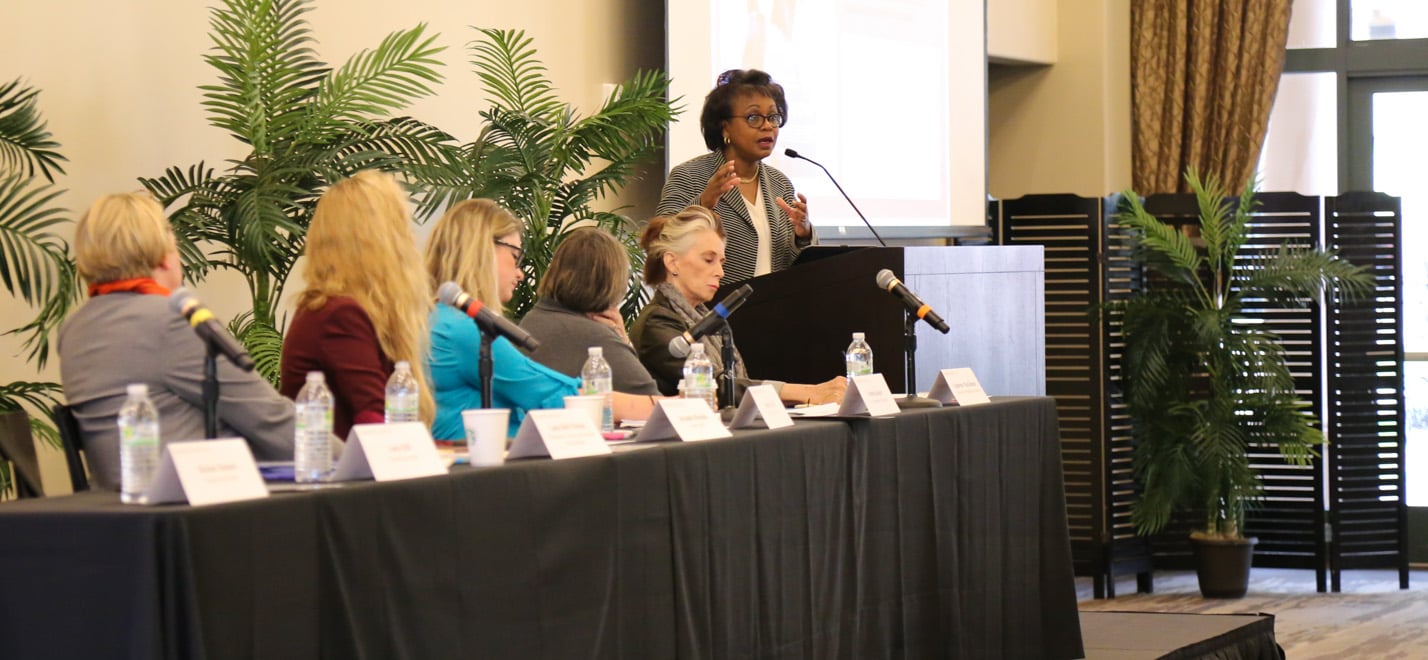
(KEVIN HSU/The Stanford Daily)
Thursday evening at Paul Brest Hall, members of the Stanford community gathered for an open discussion addressing University organization and bureaucracy concerning sexual assault cases and student awareness of their rights. There were more than 50 attendees, including administrators, faculty, undergraduates, graduate students and other individuals in the community.
This event, titled “Stanford Students: Know Your Rights on Sexual Assault,” discussed federal legislation such as the Clery Act, the Federal Campus Sexual Assault Victims’ Bill of Rights and Title IX of the Civil Rights Act. The controversy over whether or not sexual assault should be cause for mandatory expulsion was also addressed.
Through the Clery Act, schools are required to collect, classify and count crime reports and crime statistics, issue timely warnings and emergency notifications, submit all crime statistics to the U.S. Department of Education and publish an annual security report, according to Annie Clark, co-founder of End Rape on Campus, who was at the event.
“The issue with Clery is that it considers reportable geography on campus and in specific areas off campus,” Clark said. “This means that depending on where the crime occurs, universities don’t have to report it. So, you may have a lower Clery number that doesn’t accurately represent what the student population is actually facing.”
Alexandra Brodsky, co-founder of KnowYourIX, said at the event there were issues on campus in terms of how to organize sexual assault bureaus. In the case of the Federal Campus Sexual Assault Victims’ Bill of Rights, the main question raised was how universities can provide better information on on-campus resources, centralize their departments or offices that handle sexual assault and clearly document their policies for sexual assault in written form.
Clark said that it is important for students to know their rights so that sexual assault cases can be dealt with correctly and so that they can make the best decisions they can with the information available to them. However, Clark noted that even with this knowledge, the 180-day statute of limitations for a survivor to file a federal complaint can be daunting.
Katherine Quiles ’16 understood that Title IX was complicated but was surprised by the bureaucratic challenges it entailed.
“I had more of a nebulous idea,” Quiles said. “I knew what Title IX was, but just how bureaucratic it is and how complicated the reporting system is right now is very unfortunate.”
With Title IX specifically, each university is supposed to have a Title IX coordinator, but some coordinators may not be well-trained enough to provide enough accurate and timely information to students, Brodsky said. It is also the expectation that faculty receive training so that they can become a part of the ideal centralized resource process.
At the event, members of administration and faculty debated with Brodsky and Clerk whether or not expulsion should be mandatory over cases of sexual assault. Law school professor Michelle Dauber and others questioned why mandatory expulsion would not be the readily expected solution.
“I would just have the person grab their toothbrush, pack up their things and call mom, and that would be the end of it,” Dauber said.
Brodsky noted that giving the survivor a say in the assailant’s punishments could have its own problems.
“We don’t want to put the burden of picking what happens to the rapist on the survivor,” Brodsky said. “In an ideal world, there would be a mandatory sanction, but given where we are now and how much distress survivors have, we need to allow flexibility to allow people to come forward to get the services they need.”
Contact Angelique Dakkak at angeldak ‘at’ stanford.edu.
Update: an earlier version of this article attributed a quote to Michelle Voigt instead of Michelle Dauber. It has since been corrected.
